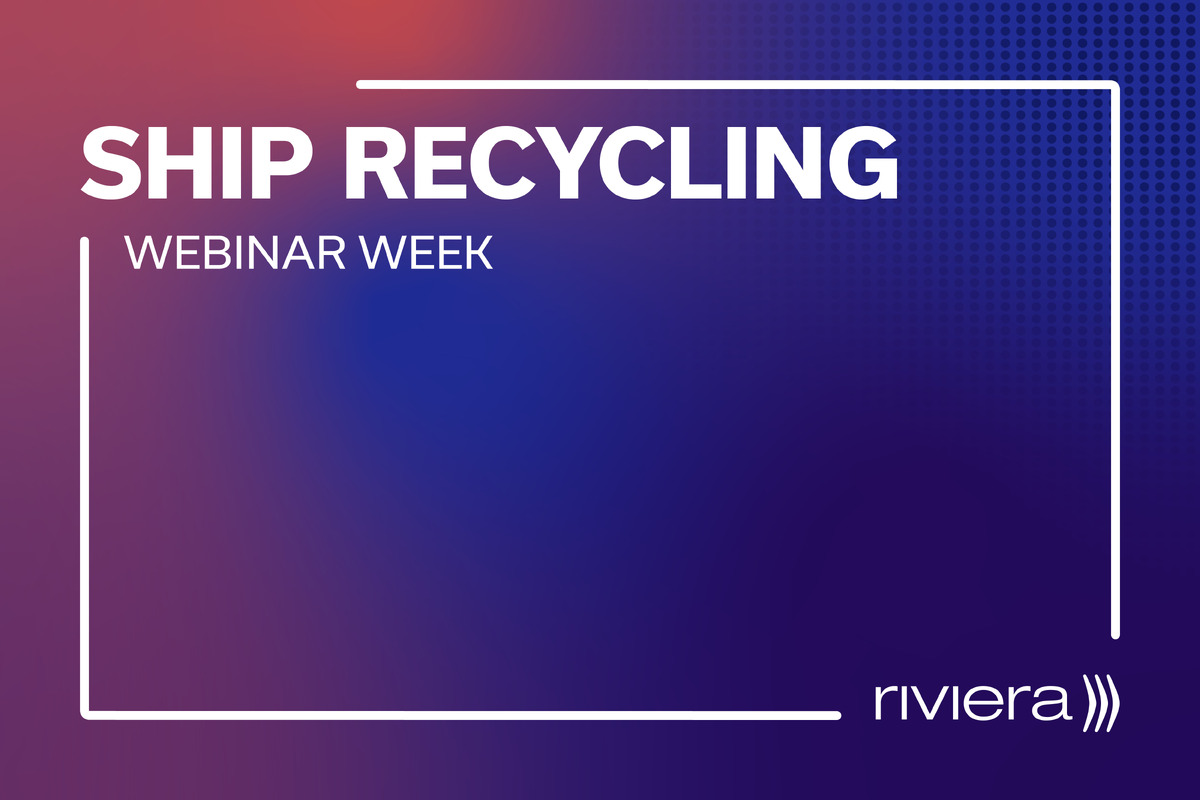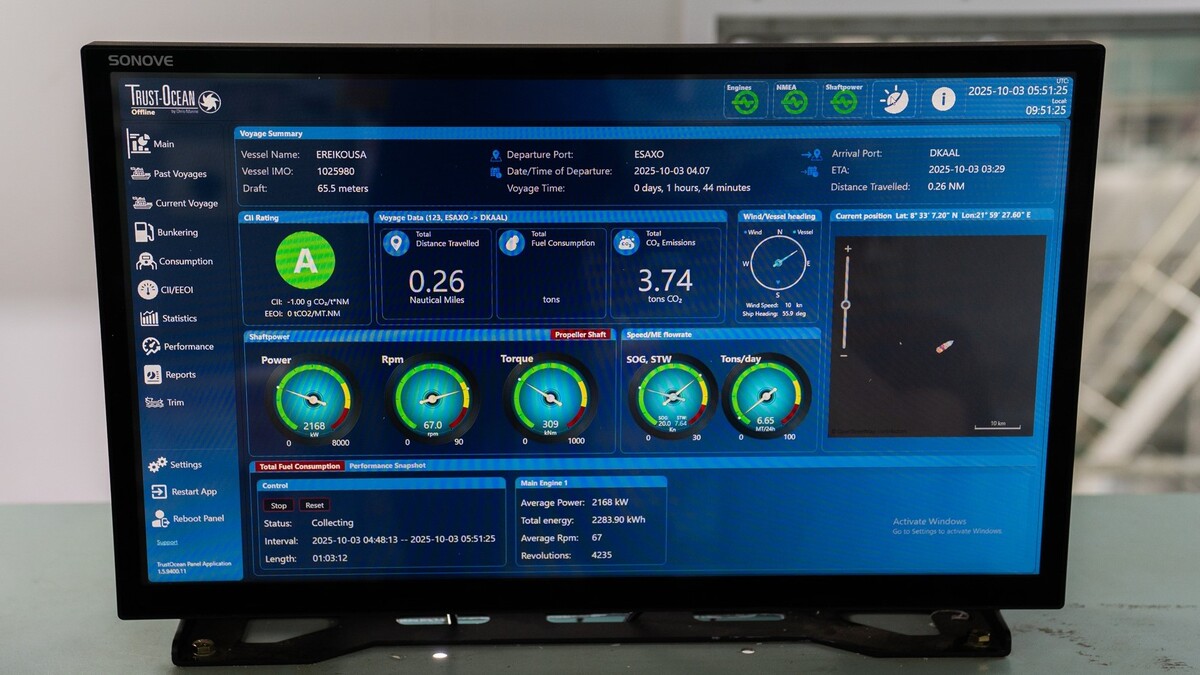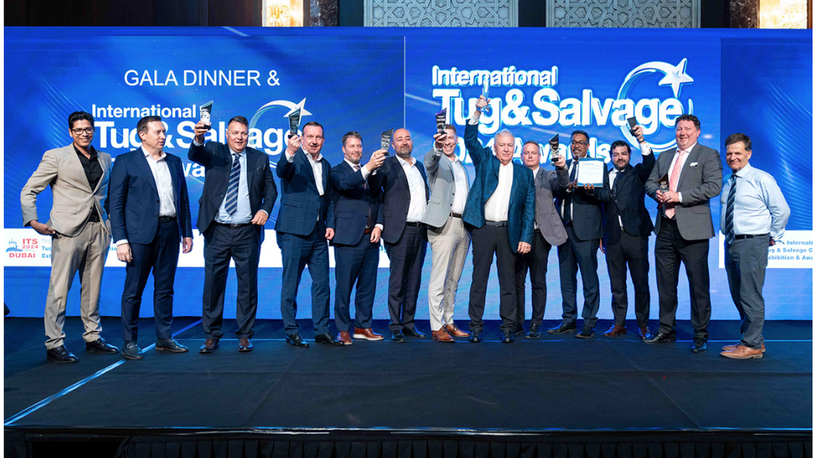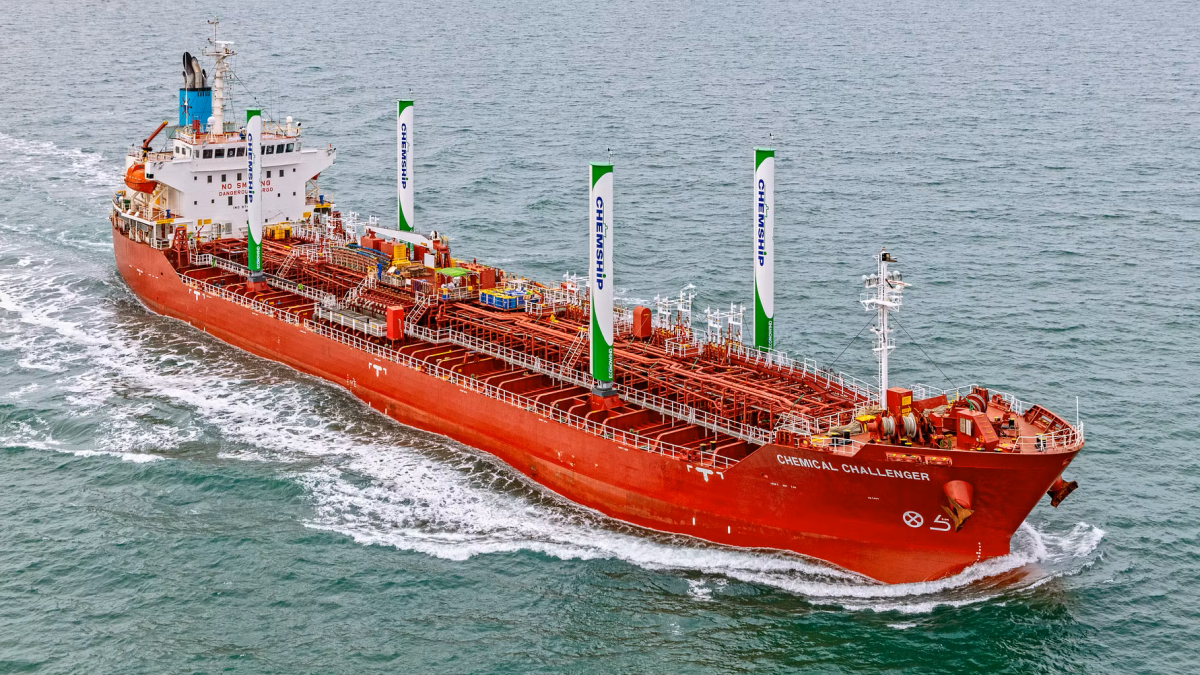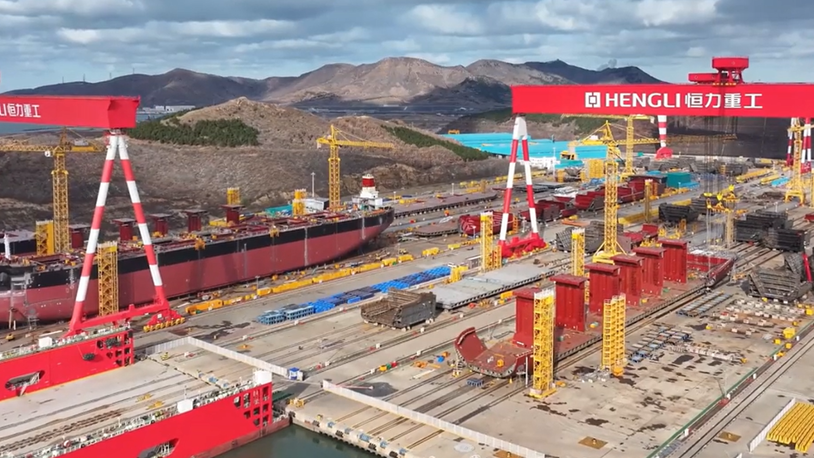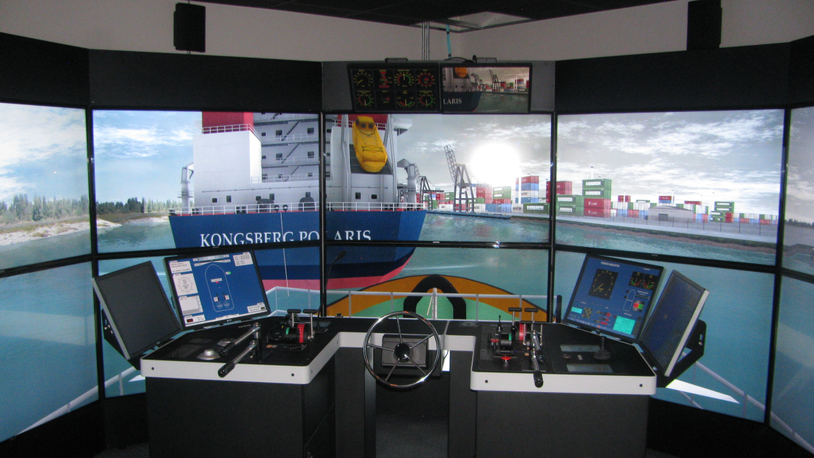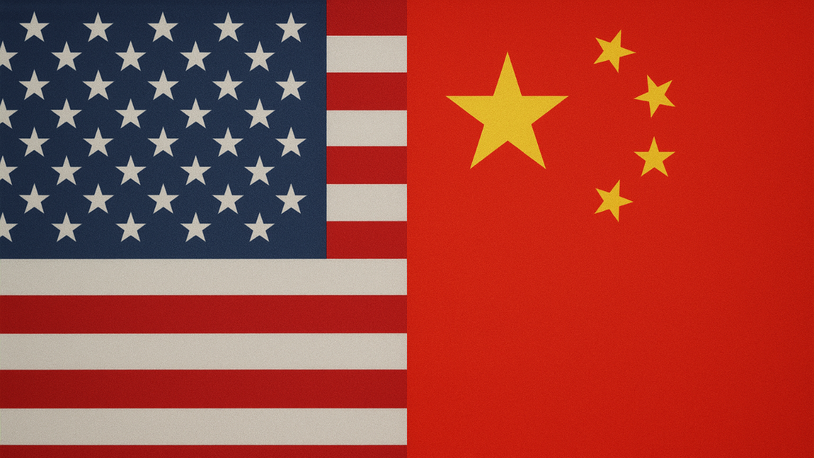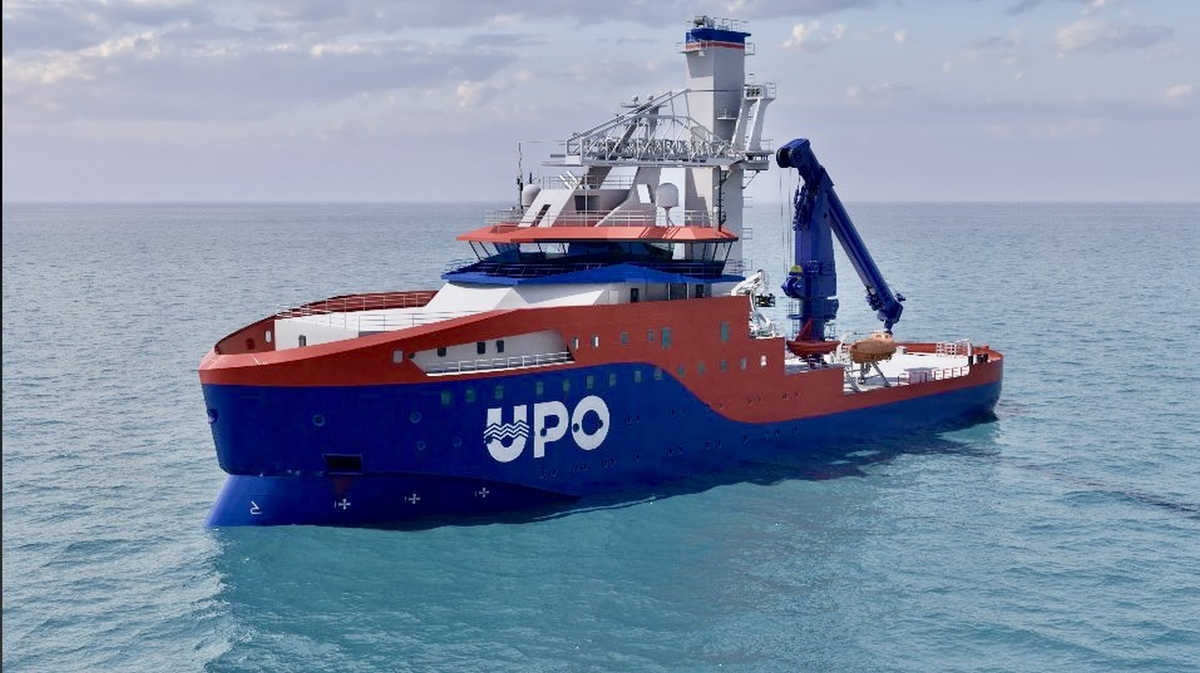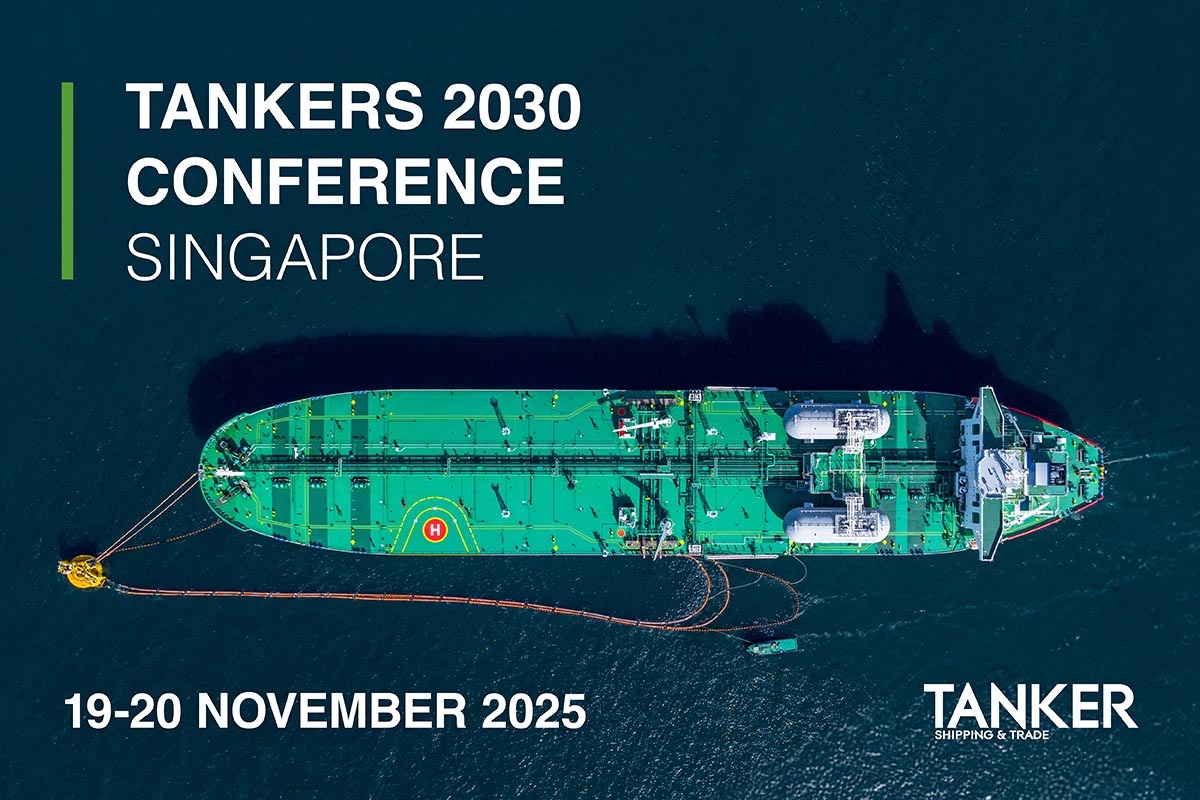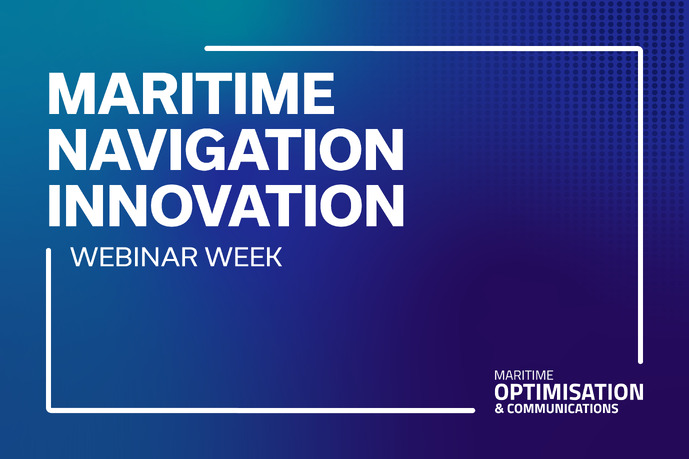Business Sectors
Events
Ship Recycling Webinar Week
Contents
Register to read more articles.
Expanding tanker shadow fleet darkens all shipping
Enforcement and policy shifts drove more tanker evasion, false flagging and risk, with compliant owners advantaged as trade routes lengthened
Maritime artificial intelligence firm Windward hosted a sanctions webinar on 30 October 2025 that examined how enforcement trends, false flagging and the expanding dark fleet reshaped risk in 2025.
Windward director of product marketing Hila Sasson framed “a new era of maritime evasion” and said “shipping never stops.”
Windward senior maritime intelligence analyst Michelle Wiese Bockmann said sanctions, tariffs and trade disputes had “smashed records for deceptive shipping practices” and described the dark fleet as “a serious maritime security threat.” She reported that false-flag vessels had surged, with “numbers… now… double January’s level and at a record,” and noted registry reshuffles and Baltic scrutiny. “Shipping is going darker,” she said.
Stena Bulk president and chief executive Erik Hånell linked restrictions and tariffs to tighter supply and stronger markets, warning that safety risk had risen as poorly maintained vessels proliferated. He expected an immediate price response followed by a later reset. “The psychological effect is… immediate,” he said. He also urged authorities to expand prohibited ship-to-ship (STS) zones, require protection and indemnity group insurance proof and improve monitoring and rapid response.
Independent sanctions consultant and former US Office of Foreign Assets Control official Claire Grunewald said the latest designations against Rosneft and Lukoil would chill counterparties well beyond the United States because subsidiaries and owners faced exposure, “These actions… were really meant to deprive Putin from receiving revenue from these oil sales,” she said, adding that foreign financial institutions dealing with sanctioned entities “could be sanctioned themselves.”
Sanctions SOS founder and chief executive Ian Bolton said the UK and EU had moved in parallel with the United States and showed readiness to apply secondary-style pressure on third-country facilitators, insurers and reinsurers. He anticipated uneven enforcement inside the EU and a drift towards less-regulated fleets as a result. “Sanctions are here to stay,” he said.
On market conditions, Ms Wiese Bockmann pointed to a jump in very large crude carrier spot returns and said policy had moved from keeping Russian barrels moving under a cap to halting flows. She cited spoofing and dark STS transfers linking sanctioned and clean tonnage, and described Baltic authorities questioning dubious ships while tracking registry switches near coastal waters.
Mr Hånell anticipated further growth in non-compliant capacity and short-term earnings strength before a new equilibrium. He said older vessels without class, insurance or maintenance oversight increased collision and crew risks, noting that accidents could happen more easily.
Looking ahead, Ms Grunewald forecast uncertainty and urged stakeholders to hard-wire flexibility into contracts and risk assessments. Mr Bolton said recent experience across sectors had equipped compliance teams to adapt quickly. Ms Wiese Bockmann suggested that inefficient routes and longer tonne miles would favour compliant owners and might spur attention on governance gaps.
Closing the webinar, Ms Sasson said stakeholders would increasingly connect automatic identification system (AIS) data, radio-frequency collection data and optical imagery to detect dark activity and protect operations, citing Windward experiments that integrated remote sensing with object detection near Malta.
Riviera’s Tankers 2030 Conference, Singapore will be held 19-20 November 2025. Use this link for more information and to register for the event.
Related to this Story
Events
Ship Recycling Webinar Week
International Bulk Shipping Conference 2025
Tankers 2030 Conference
Maritime Navigation Innovation Webinar Week
© 2024 Riviera Maritime Media Ltd.
